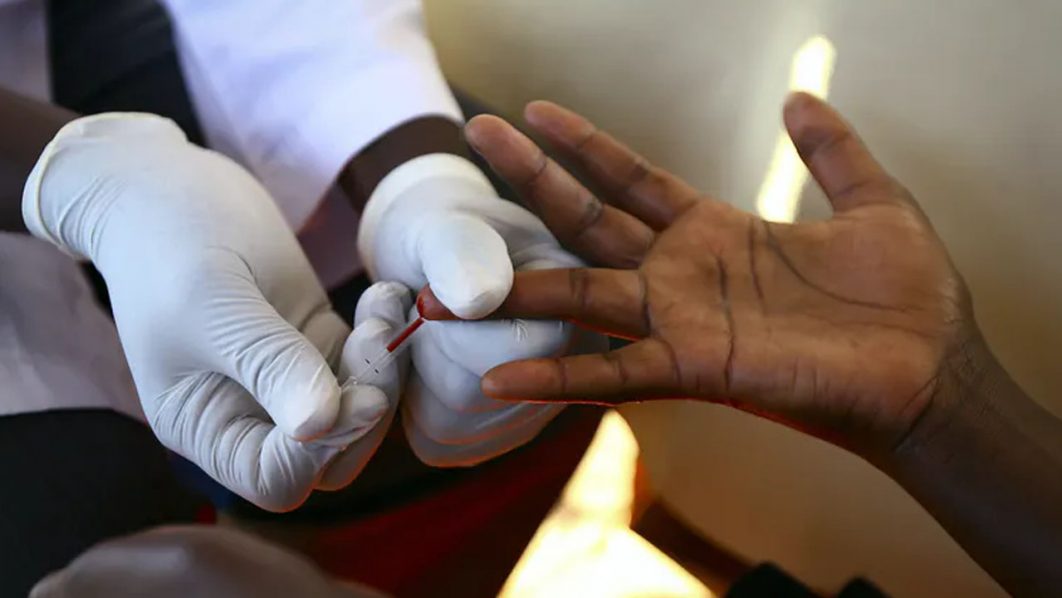
The Network of People Living with HIV/AIDS in Nigeria (NEPWHAN) has called on the government to address the severe shortage of healthcare workers across the country, particularly in rural areas.
The group also highlighted the critical impact of workforce shortages on the healthcare system and the delivery of essential services to underserved populations.
NEPWHAN’s Programme Manager, Danesi Ismaeel, who made the call during a media stakeholder engagement in Abuja, emphasised the need for i government intervention to bolster staffing levels in healthcare facilities nationwide.
He expressed concern over the disproportionate impact of these shortages on rural communities, where healthcare facilities are often understaffed or lack the necessary personnel to provide adequate care.
“The major challenges we found during our Community Led Monitoring Teams (CLMTs) work in various communities across the country is a shortage of staff in the healthcare centres. If we have adequate staff in the primary healthcare centres in various communities, the healthcare delivery will improve tremendously,” he said.
In his remarks, the National Programme Officer for TB Network, Akpa Samuel, stressed that addressing these shortages is critical for achieving universal health coverage and improving health outcomes nationwide.
He said: “From our quarterly supported provisions, issues identified at the various facilities include inadequate staffing, lack of consumables and non-consumables, especially when it comes to malaria drugs, TB, sputum, coughs, and also infrastructure. Some of the facility infrastructure is not in good condition for patients, especially, which sometimes will endanger their lives.”
Also speaking, the Senior Manager of Operations for the Civil Society on Malaria, Immunization & Nutrition in NIGERIA (ACOMIN), Fatima Kolo, urged policymakers to prioritise rural healthcare development as part of a broader strategy to strengthen the national health system.
Kolo also noted the critical role of volunteers in many primary healthcare centres and underscored the need for sustainable solutions to improve staffing.






